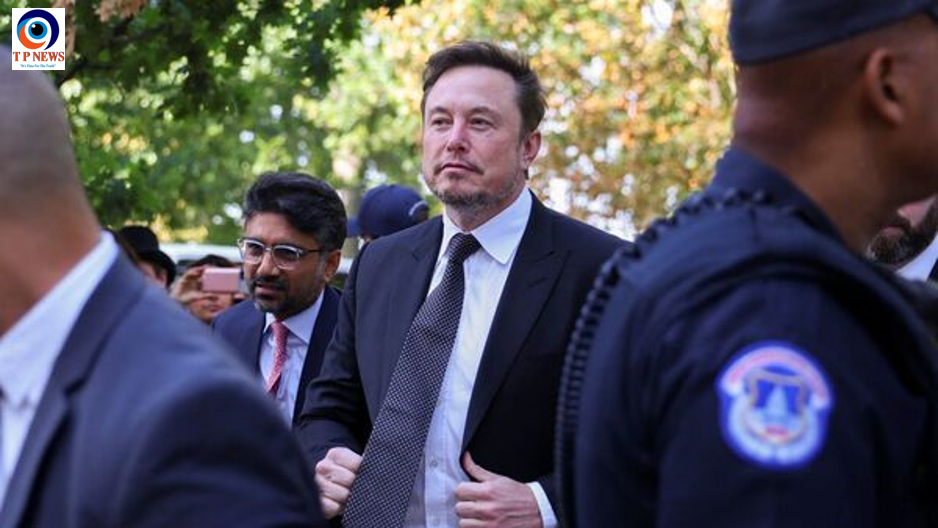New Delhi: In a promising trajectory, India is set to become the world’s third-largest economy by 2027, surpassing economic powerhouses like Japan and Germany, according to a recent report by Jefferies, a leading global investment banking company. The report highlights India’s anticipated GDP reaching $5 trillion in the next four years, signaling significant economic growth on the horizon.
Jefferies emphasizes that India’s economic landscape is evolving into a formidable $10 trillion market by 2030, making it an irresistible prospect for global investors. Over the past decade, India has made a substantial leap from being the ninth-largest economy to securing the fifth position, boasting a nominal GDP of $3.4 trillion. On a purchasing power parity (PPP) basis, India already holds the prestigious title of the world’s third-largest economy, with a GDP of $13.2 trillion.
Despite facing challenges posed by major reforms such as the Goods and Services Tax (GST), bankruptcy law, Real Estate Regulation Act (RERA), and demonetization, India’s GDP has displayed resilience, consistently expanding. Jefferies acknowledges the short-term impacts of these reforms but underlines their positive long-term implications for the economy.
The report underscores India’s projected growth rate of 6% over the next five years, positioning the country as an outlier in a global landscape where many large economies are grappling with declining growth rates. Jefferies predicts that India will rapidly ascend to the third spot in the world’s GDP rankings by the end of this decade.
Jefferies’ optimism extends to the Indian equity markets, anticipating them to deliver robust 8%-10% dollar returns over the next five to seven years. The structural shift of savings towards equities and the potential listing of large unicorns in India are identified as key drivers that could propel the country’s market cap beyond $10 trillion by 2030.
While India currently holds the fifth-largest market cap globally, its eighth-ranking in the Bloomberg World Index, with a weight of 2.0%, presents significant opportunities for foreign investors. Jefferies believes that increasing investment in the world’s fastest-growing country is not only feasible but advantageous. A rise in the country’s weight in global funds makes Indian stocks an attractive proposition for a diverse set of equity investors.
As India continues its economic ascent, Jefferies emphasizes the potential for foreign investors to actively engage in and benefit from the unfolding chapters of India’s growth story. The country’s journey toward global economic prominence is not just a statistic; it’s a compelling narrative of resilience, reform, and remarkable progress.















